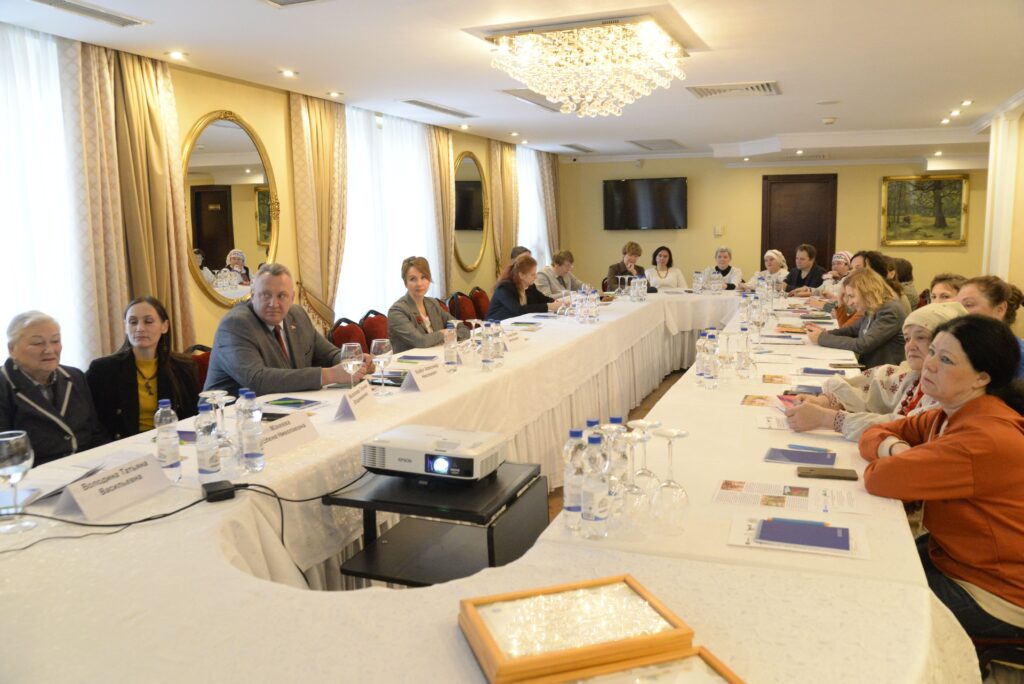
The project is implemented by the National Coordination Centre on Access to Genetic Resources and Benefit-sharing, the Institute of Genetics and Cytology, NAS of Belarus (ABS NCC), and the Centre for the Belarusian Culture, Language and Literature Research, NAS of Belarus.
The topics of Round Tables:
- 5 December: Safeguarding of traditional knowledge and practices associated with genetic resources: strategy, tactics, and main actors.
- 6 December: Safeguarding and legal regulation of the management of traditional knowledge associated with genetic resources.
Traditional knowledge associated with genetic resources – knowledge regarding the use of species (breeds, varieties) of animals and plants living (bred), growing (cultivated) in a certain area, their parts and/or derivatives, acquired on the basis of accumulated experience by the population living in this area and passed on from generation to generation.

Knowledge passed on from generation to generation from various spheres of human activity (economic activities, arts and crafts, foodways, methods of cure etc.) contains unique information on biological diversity and the habitat of associated communities, genetic resources, which are an important component of the country’s environmental safety and a source of sustainable development. Among such knowledge and practices are wild-hive beekeeping, breeding of horses and other farm animals, gardening, floriculture, weaving, basket and straw weaving, cooperage, traditional medicine, national cooking, the use of natural resources in building houses; making boats, fishing gears etc.
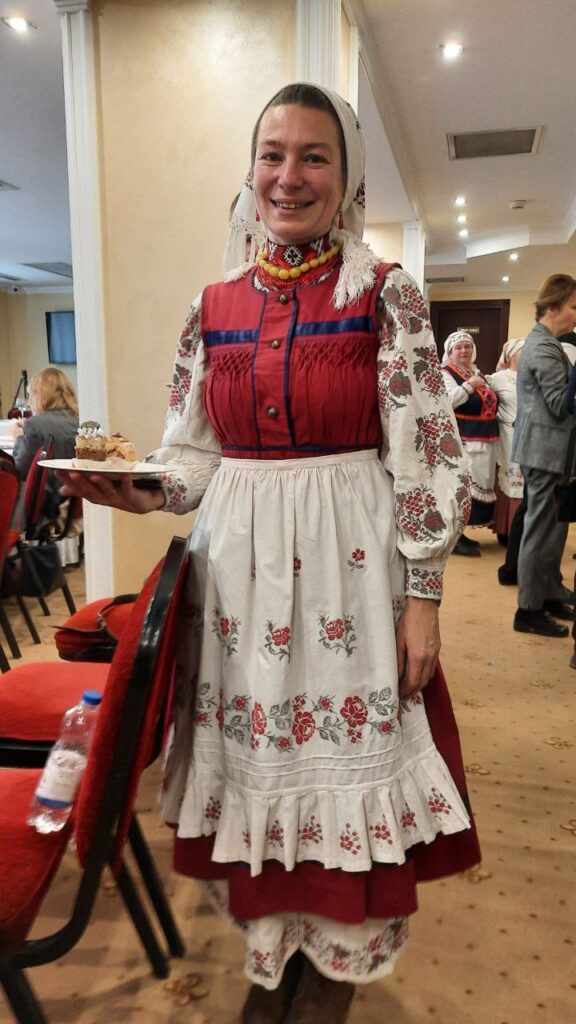
These activities involve both men and women. Some of them teach their skills to young people and have students, but due to the decline in the rural population, this leads to the fact that traditional knowledge associated with genetic resources, without being fixed as the intangible heritage, is being rapidly lost. There are cases of the transfer of such knowledge outside the Republic of Belarus and its unfair use without proper benefits both for the holders of such knowledge and for the Republic of Belarus as a whole.
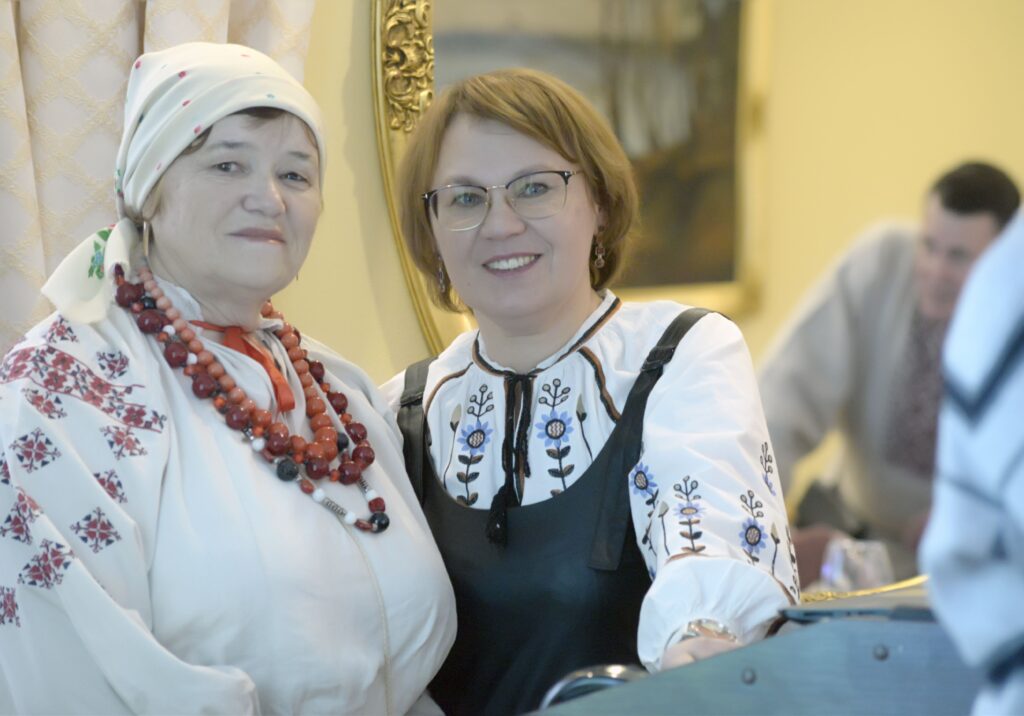
The project objectives: raising public awareness of the importance of traditional knowledge and practices associated with genetic resources, their role for the sustainable development of the country and the preservation of national identity, conservation of biological diversity; and the development of recommendations for legal regulation in the field of conservation, use, and transfer of traditional knowledge associated with genetic resources, including within the framework of the draft Law of the Republic of Belarus “On Genetic Resources Management.”
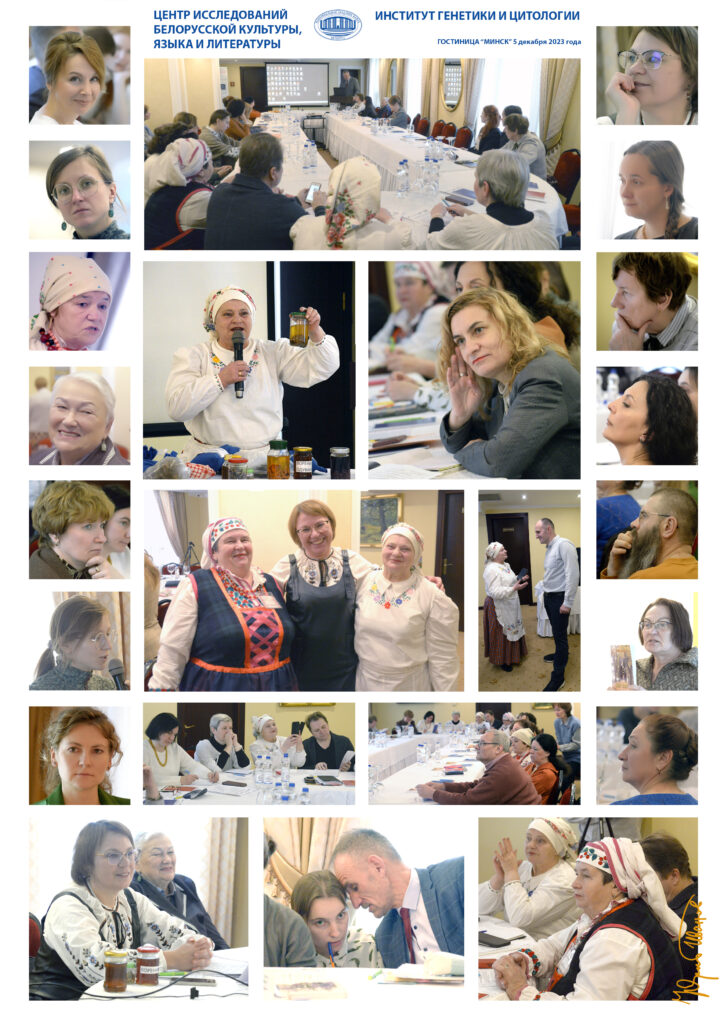
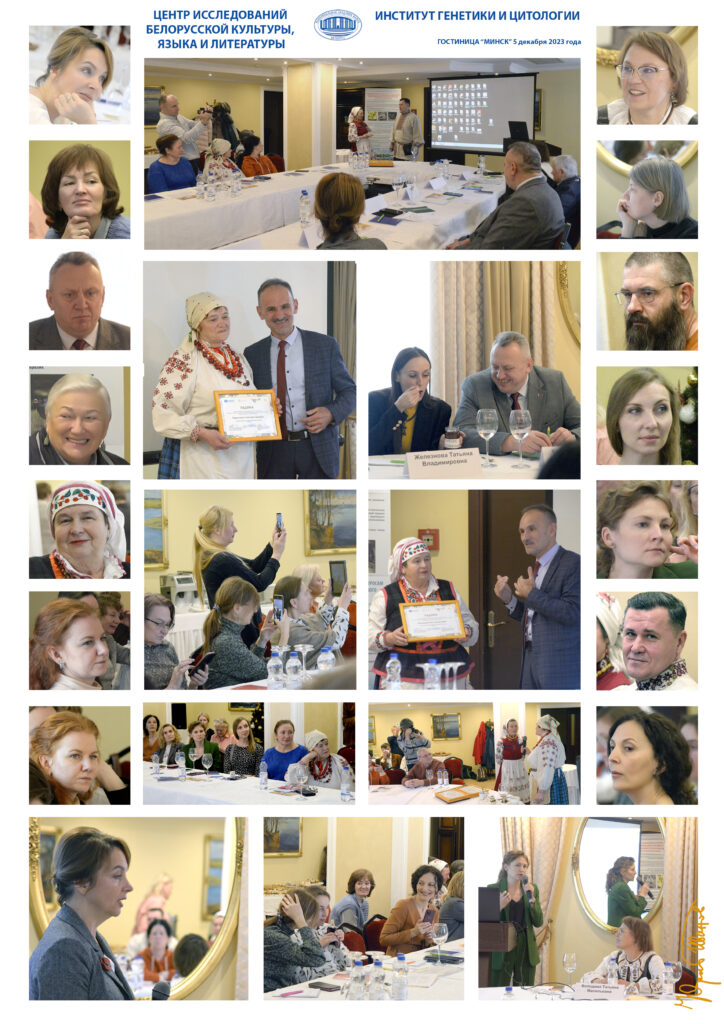


certainly like your website but you need to take a look at the spelling on quite a few of your posts. Many of them are rife with spelling problems and I find it very troublesome to inform the reality nevertheless I will definitely come back again.
Dear Mr Harrison,
Thank you for your message.
We would like to inform you that the spelling of all our website postings is double-checked using different tools, including electronic ones. The information posted on our website may contain some Latin names and also the names in the Belarusian language, which are not translated, but transliterated from Belarusian, including the names of local geographical regions, festivities etc. But if you have come across the spelling problems that we have not noticed and would like to draw our attention to them and assist us in that, then you are welcome to give us the concrete examples of postings that have spelling problems. In any case, we will check again the spelling of the information posted on our website.
Yours sincerely